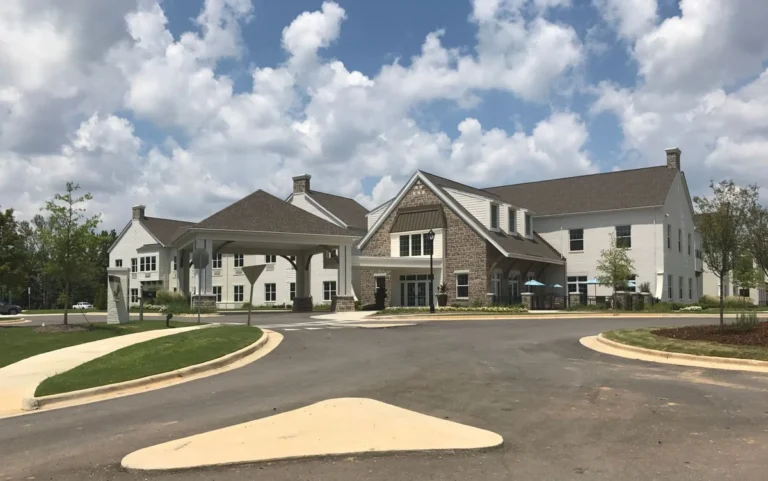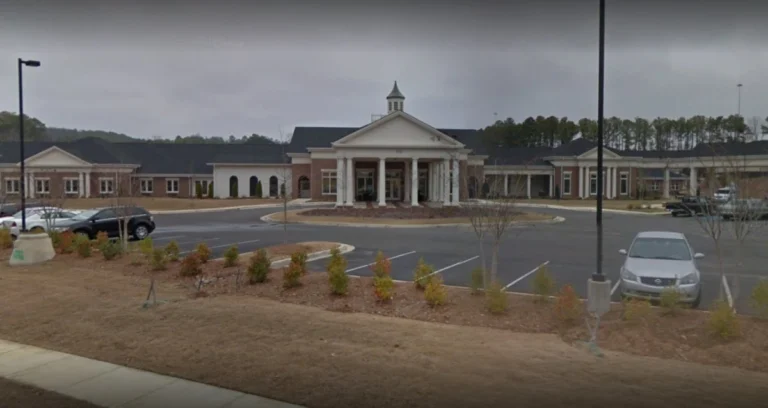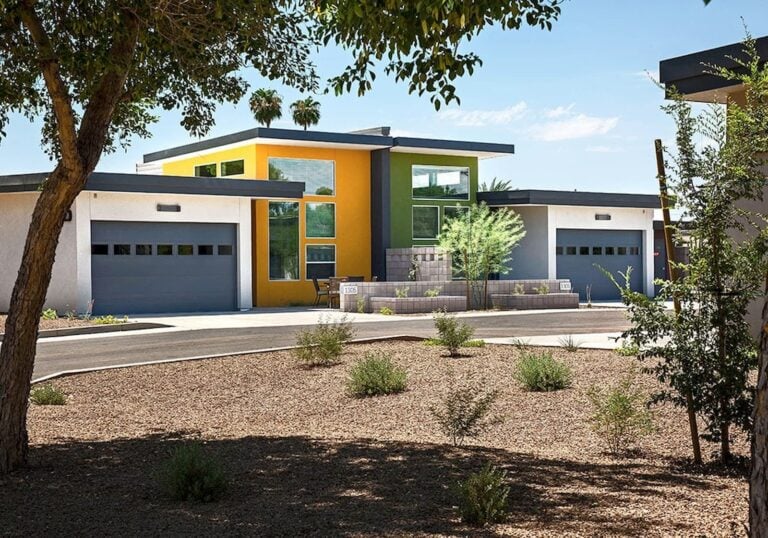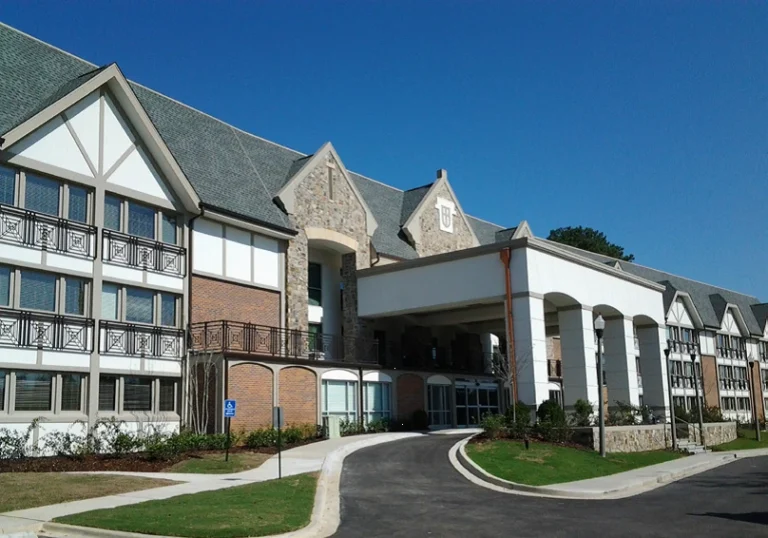SNF Short Term Rehab
Birmingham, Alabama 35217
Skilled Nursing Home and SNF Short Term Rehab
Amelia Courthouse, Virginia 23002
Skilled Nursing Home and SNF Short Term Rehab
Asheboro, North Carolina 27203
Assisted Living, Independent Senior Living, Memory Care, and SNF Short Term Rehab
Phoenix, Arizona 85021
Skilled Nursing Home and SNF Short Term Rehab
Bolivia, North Carolina 28422
Skilled Nursing Home and SNF Short Term Rehab
England, Arkansas 72046
SNF Short Term Rehab
Birmingham, Alabama 35234
Skilled Nursing Home and SNF Short Term Rehab
Clayton, North Carolina 27520
Skilled Nursing Home and SNF Short Term Rehab
Fletcher, North Carolina 28732
Skilled Nursing Home and SNF Short Term Rehab
Elizabeth City, North Carolina 27909






